When considering the purchase of a dump trailer, one of the most critical factors that potential buyers need to consider is the weight of the trailer itself. Not only does this influence the type of vehicle required for towing, but it also impacts the overall payload capacity, legal considerations for towing, and specific operational efficiencies in various applications. In this guide, we will delve into the weight specifications of Dierzen dump trailers, ensuring you have all the necessary information to make an informed decision.
What is a Dierzen Dump Trailer?
Dierzen is a well-regarded manufacturer specializing in robust and versatile dump trailers designed for various applications, including construction work, landscaping, and hauling heavy materials. Their trailers are engineered for durability and operational efficiency, catering to both commercial and personal use. A critical aspect of choosing the appropriate trailer involves understanding its weight, as this has implications for towing capacity and legal regulations.
Weight Categories of Dierzen Dump Trailers
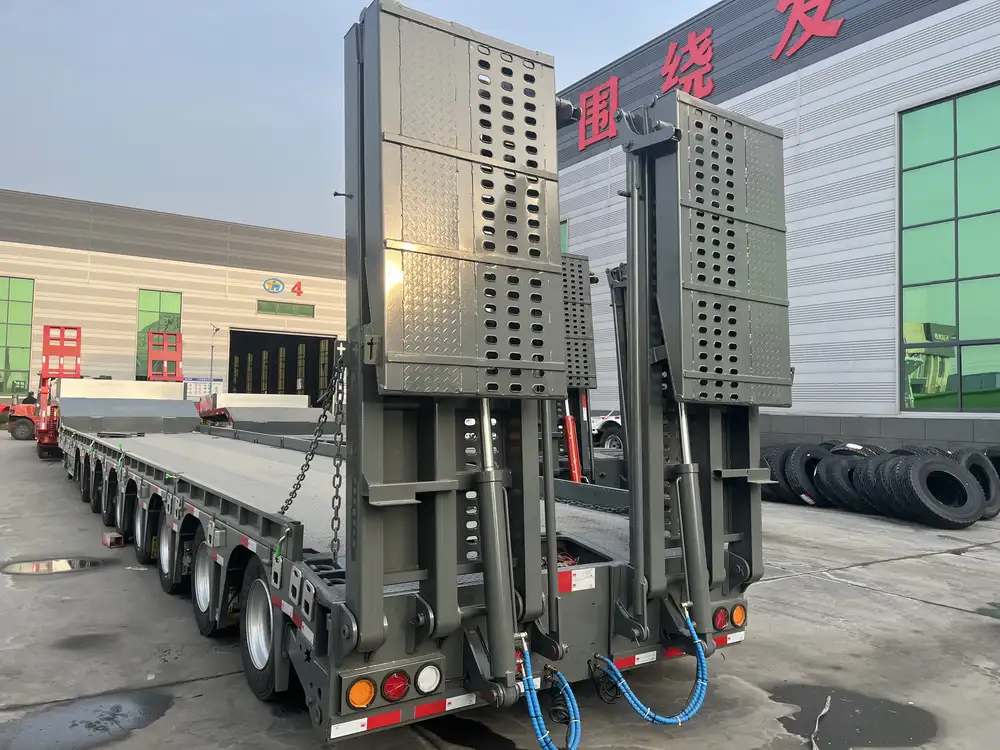
1. Empty Weight of Dierzen Dump Trailers
The weight of a dump trailer when it is empty significantly influences towing dynamics. For Dierzen dump trailers, the empty weight typically falls within these ranges:
| Trailer Model | Empty Weight (lbs) | Typical Payload Capacity (lbs) |
|---|---|---|
| Dierzen 6×10 | 2,500 | 6,000 |
| Dierzen 6×12 | 3,000 | 7,000 |
| Dierzen 7×14 | 3,500 | 7,500 |
| Dierzen 8×16 | 4,000 | 10,000 |
2. Gross Vehicle Weight Rating (GVWR)
The Gross Vehicle Weight Rating is a crucial figure representing the maximum weight a trailer can handle safely, including its own weight and the load inside. For Dierzen dump trailers, the GVWR generally ranges as follows:
| Trailer Model | GVWR (lbs) | Legal Towing Capacity (lbs) |
|---|---|---|
| Dierzen 6×10 | 8,500 | 14,000 |
| Dierzen 6×12 | 10,000 | 17,000 |
| Dierzen 7×14 | 12,000 | 19,500 |
| Dierzen 8×16 | 14,000 | 23,000 |
3. Towing Vehicle Specifications
To effectively tow a Dierzen dump trailer, it is important to ensure that your towing vehicle meets the required specifications. The Gross Combined Weight Rating (GCWR) of your vehicle should be higher than the combined weight of the trailer and the load. Common towing vehicles for Dierzen trailers include:
- Full-size pickup trucks (e.g., Ford F-250, RAM 2500)
- Heavy-duty SUVs (e.g., Chevrolet Tahoe, Ford Expedition)
- Dedicated tow vehicles for commercial applications

Factors Affecting the Weight of Dump Trailers
1. Material Composition
The materials used in the construction of the Dierzen dump trailers, such as steel versus aluminum, heavily influence the overall weight. While steel offers durability and strength, it also adds weight, whereas aluminum models, while lighter, may not provide the same level of structural integrity for heavy loads.
2. Size and Configuration
The dimensions of the trailer play a significant role in its weight. Dierzen offers various sizes, with larger trailers naturally weighing more than smaller models. Users should carefully consider their operational needs when selecting the size of the trailer to ensure that it matches their preferred load capacity without exceeding the towing limits of their vehicle.
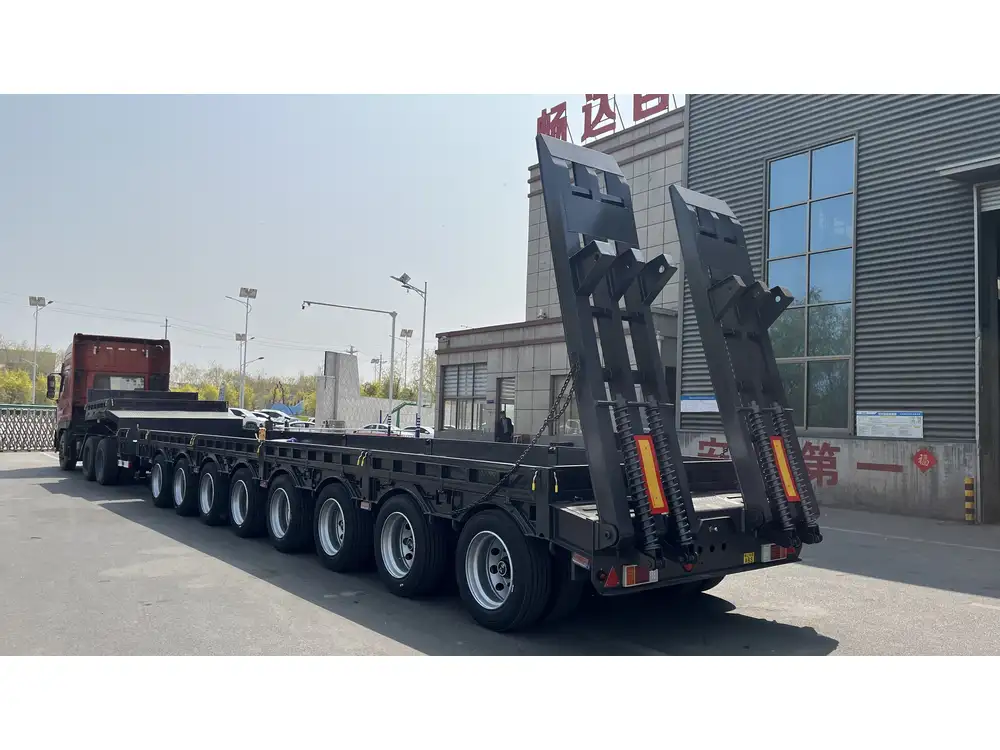
3. Options and Add-Ons
Additional features like ramps, extra axles, specialized hitches, and enhanced braking systems can further influence the weight of the trailer. For example, dual-axle models generally distribute weight better and may offer greater payload capacity but will inherently weigh more than single-axle models.
Payload Considerations
Understanding payload capacity is vital for operational safety. The payload capacity indicates the maximum amount of weight that can be legally and safely loaded onto the trailer beyond its own weight. Overloading a dump trailer can lead to serious safety risks, including brake failure, instability while towing, and potential legal repercussions.
| Scenario | Potential Risks |
|---|---|
| Overloading beyond capacity | Increased stress on towing vehicle, risk of accidents, and legal fines |
| Inadequate tongue weight | Instability while towing, leading to sway or loss of control |
| Continuous operation at max load | Reduced trailer lifespan and increased maintenance requirements |
Importance of Understanding Weight for Longevity
Selecting a dump trailer means considering longevity as much as immediate capacity needs. Operating within the designated weight limits minimizes wear and tear, prolonging the life of both the trailer and the towing vehicle. Regularly checking weight distribution and ensuring trailers are not overloaded can help maintain performance over time.
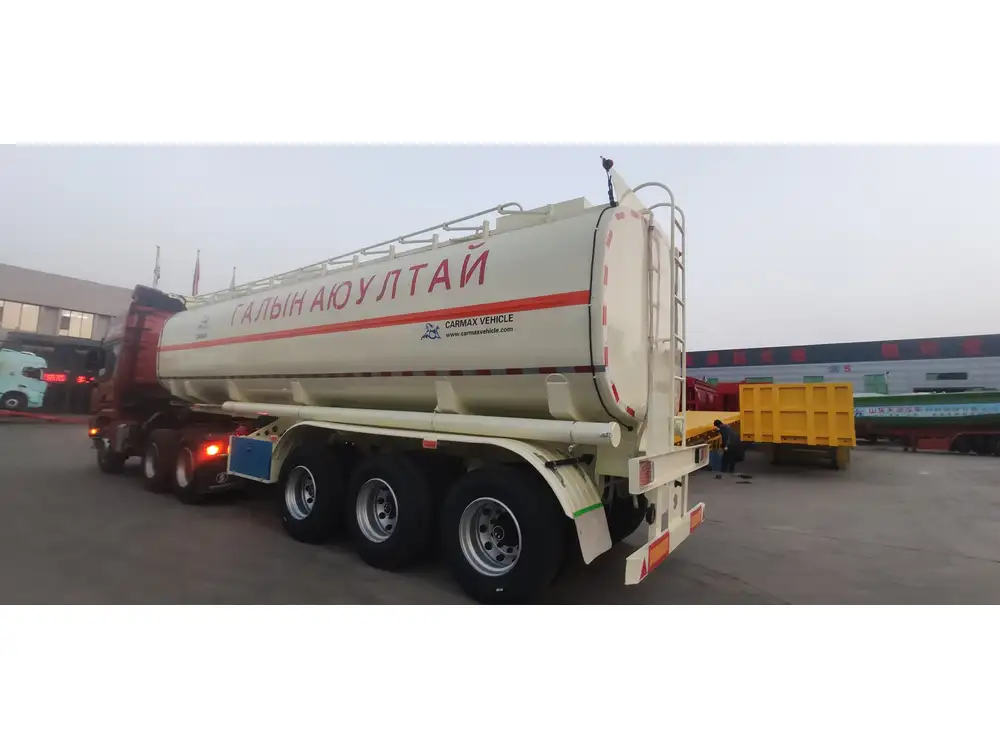
Legal Regulations Surrounding Dump Trailer Weight
1. State and Federal Laws
Dump trailer weights are also governed by various state and federal regulations. Understanding and adhering to these laws is essential:
- Trailer registration: Different states may have varying criteria for registering trailers based on their weight classifications.
- Towing restrictions: Each state has specific laws regarding the maximum weight that can be towed, which impacts trailer size and type.
- Commercial Use Rules: For trailers used in commercial applications, compliance with U.S. Department of Transportation (DOT) regulations regarding weight limits is obligatory.
2. Weight Stations and Inspections
Towing a Dierzen dump trailer requires compliance with weight station checks, where vehicles may be weighed to ensure they are operating within legal weight limits. Regular inspections are crucial not only for safety but also for avoiding hefty fines.
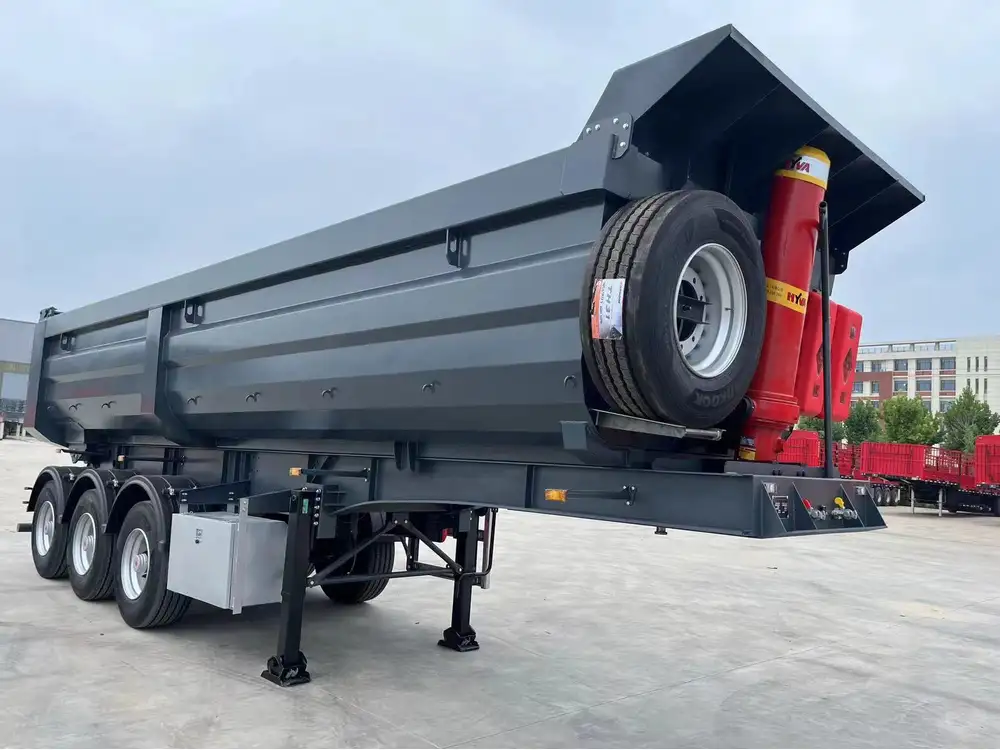
Financial Implications of Weight
The weight of a dump trailer can significantly affect both short-term and long-term financial considerations:
1. Towing Efficiency and Fuel Consumption
Heavier trailers increase the fuel consumption of towing vehicles, leading to higher operational costs. This means that understanding the weight of your Dierzen trailer can directly impact your budget.
2. Insurance Considerations
Insurance premiums may vary based on the weight classification of the trailer. Heavier trailers may incur higher premiums due to intrinsic risks associated with increased payload and towing challenges.

Choosing the Right Dierzen Dump Trailer
When it comes to selecting the right Dierzen dump trailer for your needs, it is essential to consider several factors beyond just weight. Here are key considerations to help influence your decision:
1. Operational Needs
Define the primary purpose of the trailer. Do you require it for:
- Hauling heavy construction materials?
- Landscaping projects with varied loads?
- Daily utility tasks around the farm or property?
2. Budget Considerations
Select a trailer that fits within your budget while providing the necessary capacity. Consider both initial acquisition costs and long-term operational expenses associated with trailer weight.
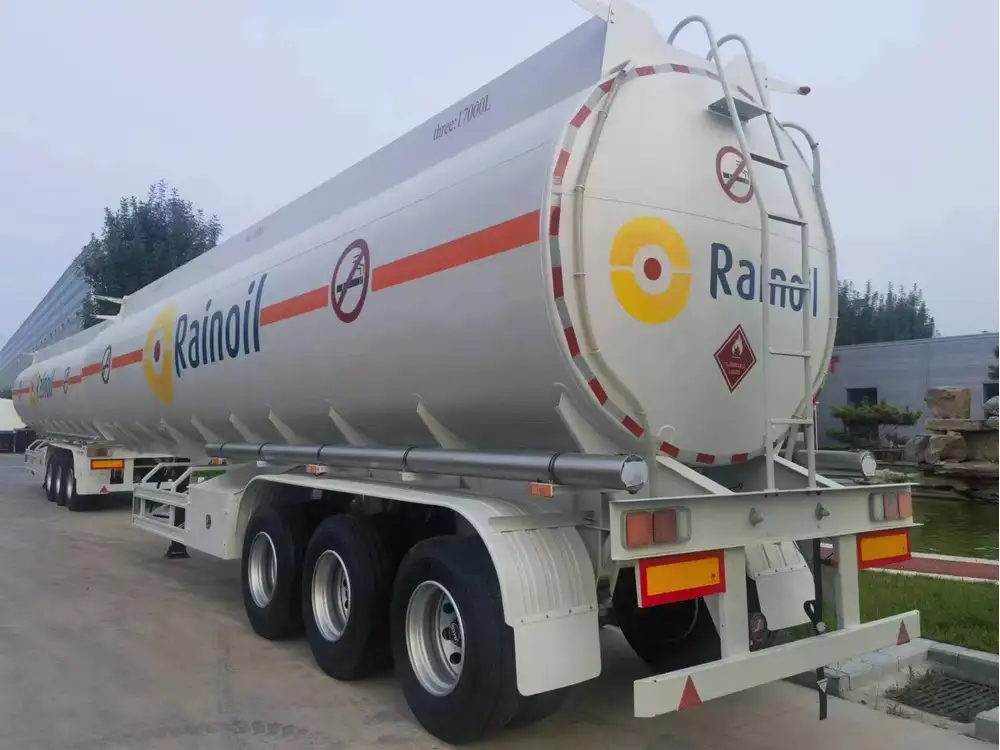
3. Vehicle Compatibility
Ensure that your existing vehicle is technically suitable for towing the selected dump trailer. It is advisable to consult your vehicle’s manufacturer for specific towing specifications.
Conclusion
Understanding the weight of Dierzen dump trailers is a vital component of making an informed purchase decision. By assessing the empty and gross weight ratings, you can effectively determine the trailer’s suitability for your towing circumstances while considering legal regulations and safety implications.
Investing time in matching your operational needs with the appropriate trailer size and weight limits can lead to enhanced efficiency, safety, and longevity in your towing endeavors. Moreover, ensuring compliance with both state and federal regulations will ensure that your hauling experience remains smooth and lawful.
By choosing the right Dierzen dump trailer, you are not just investing in a piece of equipment; you are securing an essential tool that will serve your needs effectively and efficiently for years to come.



